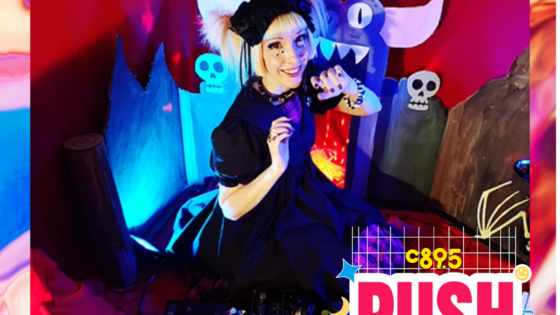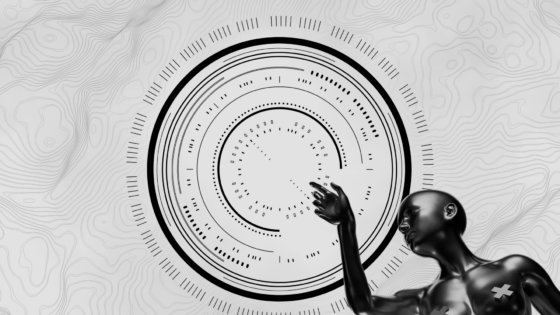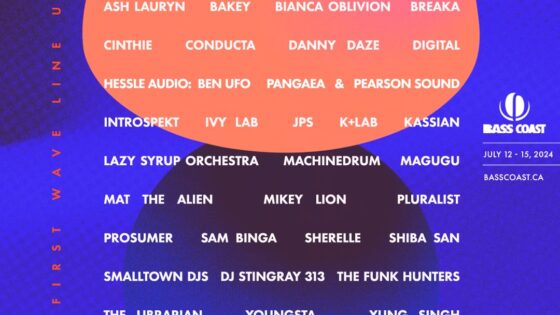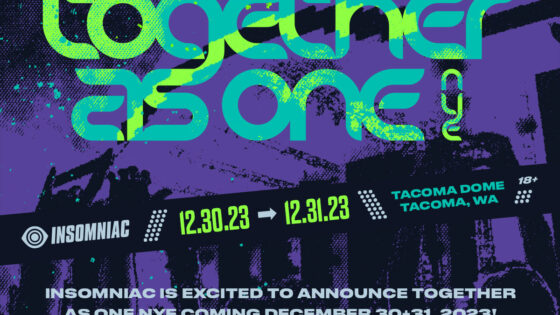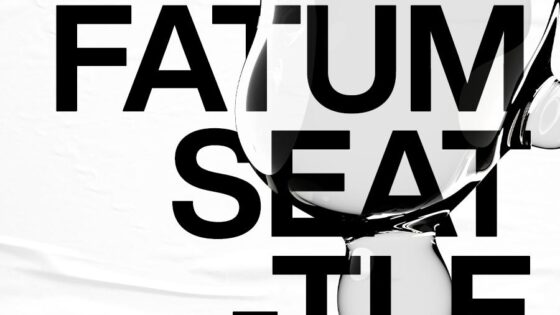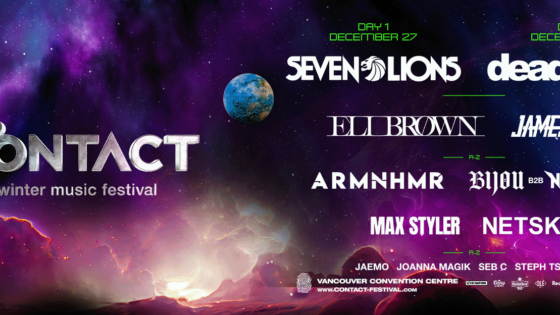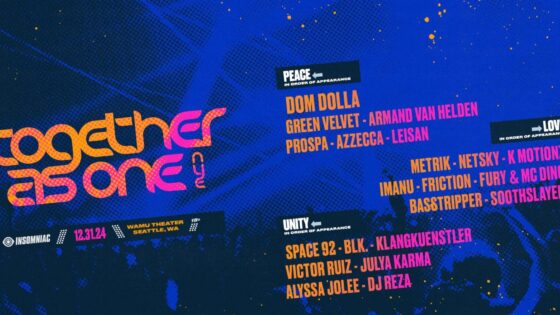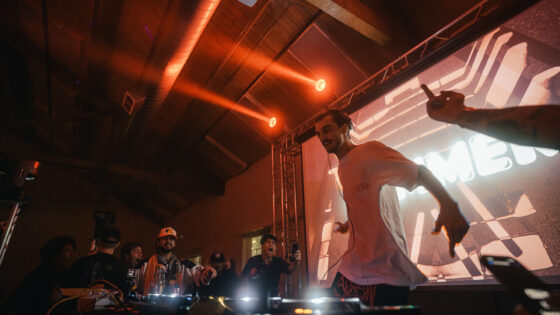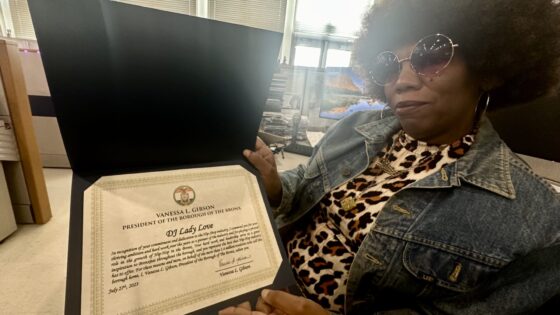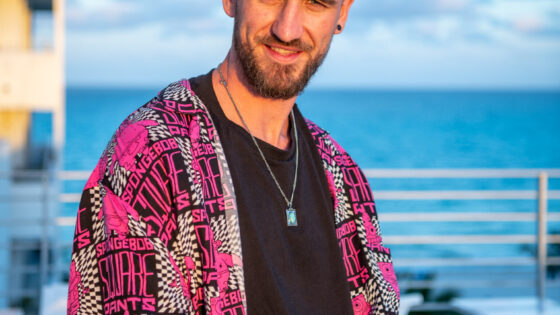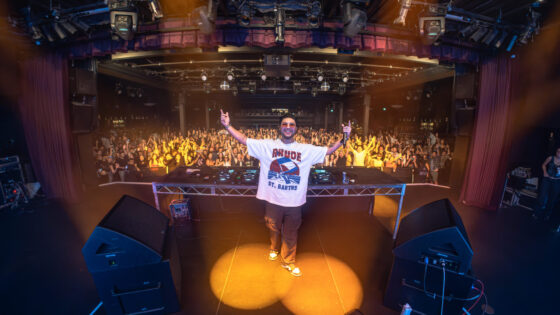Have major streaming services, such as Spotify, adopted an “if you can’t beat ’em, join ’em” approach to fake artists to generate plays and revenue? According to an article by Rolling Stone’s Tim Ingham, this is exactly what has happened.
Ingham states that these so-called “fake artists” are the product of a Swedish production factory, namely Epidemic Sound, and paid a lower royalty rate than other artists at similar levels of streams and popularity on the platform.
Among the identifiers of a fake artist, “There were a number of suspicious elements to these acts.” Ingham said. “Each had only uploaded a handful of songs to their profile, all of which achieved very prevalent placings in first-party Spotify “mood” or “activity” playlists – such as Deep Focus, Sleep or Peaceful Piano, which count millions of followers on the platform” alongside various other indicators.”
Spotify has refuted the claims as far back as 2017, in response not only to the initial claims but also to a Vulture article citing the industry using “cheat codes” to promote popular streams.
The problem of industry-manufactured artists is nothing new (Author’s note: at the risk of dating myself a bit here, Milli Vanilli springs to mind), but it takes on uncharted territory with the 2010’s attachment to streaming services.
To be fair, it’s not just Spotify: iTunes has also gotten flack for selling “knockoff” versions of popular songs in order to push up sales. It’s also worth keeping in mind this has come about alongside many new and complicated questions surrounding copyright law and intellectual property: consider the recent Bluewater controversy.
What do you think Spotify and other streaming services should do in light of this problem? Let us know on Facebook and Twitter!
Important things happen in Pacific Northwest nightlife, and DMNW will send you alerts!




